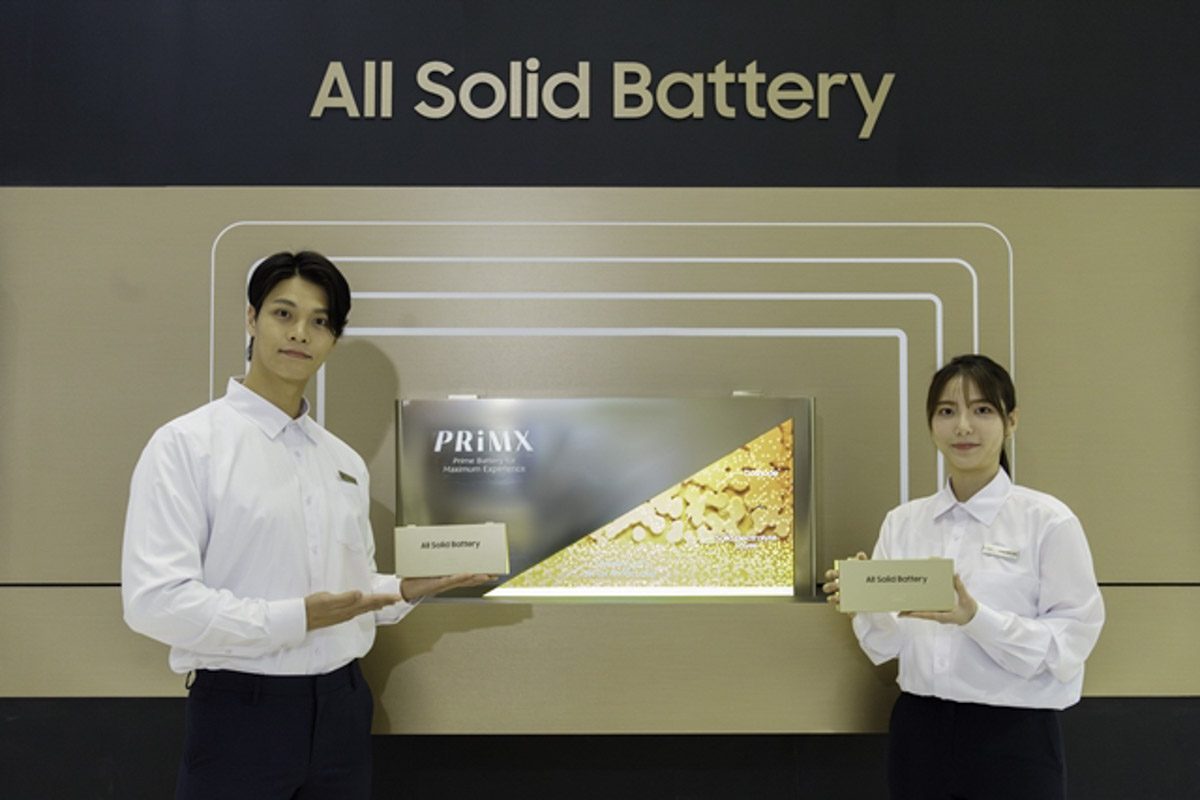Samsung is supposed to be fully into mass production by 2027 with their solid state batteries boasting a volumetric density of 900Wh/L. I did a little math on putting a battery pack in between the frame rails of a LMTV. I don't know what the pack volumetric density will be, but considering that they won't need much in the way of heating or cooling, it may be close to 900Wh/L. If that is the case, a 2MWh battery pack would be doable and would provide over 1,000 miles of range. Charging at 350kW would take over 5 hours, but with that much range, you just park at the charger over night and take advantage of the lower charging prices. Charging 10% to 100% would cost $432 at 0.24 cents per kWh. But maybe you can get a bulk discount. 
A 22kW home charger would do it in around 80 hours, but cost you closer to $180.
However, my idea would be to have three layers of solar panels with two layers sliding out on either side giving a total of around 7.5KW. This would give you about 20 miles in range on a nice sunny day. So, you could find a dispersed camping area and stay for 14 days, then have 280 of free range to find another dispersed camping area.
But you have to be rich to consider something like this, because I have read that the batteries will be between $400 and $800 per kWh making the battery pack cost between $800,000 and $1.6M. Ouch! Maybe closer to 2030.

 www.electrive.com
www.electrive.com
A 22kW home charger would do it in around 80 hours, but cost you closer to $180.
However, my idea would be to have three layers of solar panels with two layers sliding out on either side giving a total of around 7.5KW. This would give you about 20 miles in range on a nice sunny day. So, you could find a dispersed camping area and stay for 14 days, then have 280 of free range to find another dispersed camping area.
But you have to be rich to consider something like this, because I have read that the batteries will be between $400 and $800 per kWh making the battery pack cost between $800,000 and $1.6M. Ouch! Maybe closer to 2030.

Samsung SDI to start mass production of solid-state batteries in 2027 - electrive.com
Samsung SDI aims to achieve an energy density of 900 Wh/L with its solid-state batteries and believes it is on course to start mass production in 2027. So far, the company has avoided making such a statement on series production readiness.
 www.electrive.com
www.electrive.com
